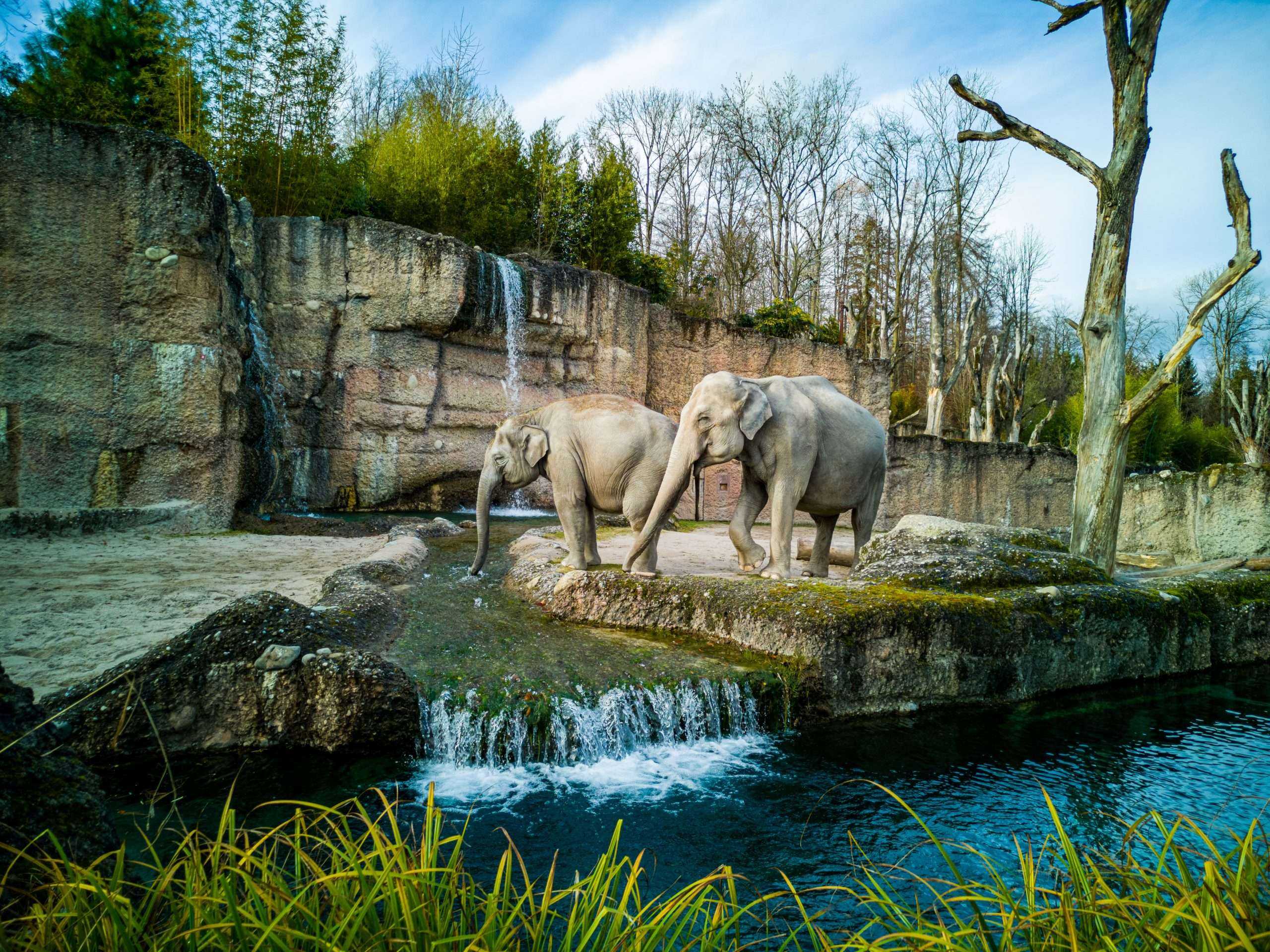BY KAHA G – 15 YEARS OLD
What does it mean to be set free from captivity? It means to be protected from cruelty, illegal trade, and possible extinction. This is the well-deserved reality that elephants and apes have finally been promised due to Bill S-15 tabled by the Canadian Government.
Bill S-15 is a bill that will effectively ban the captivity of elephants and apes in Canada. According to Barbara Cartwright, CEO of Humane Canada, “Today the Liberals knocked off another one of their election platform commitments – greater protection for captive wildlife. This move, coupled with the ban on ivory trade in Canada, will help reduce the illegal trade of wildlife and support further conservation of these endangered species.” Furthermore, Bill S-15 also criminalizes the use of elephants and great apes for entertainment purposes – like elephant rides, tricks on demand and circus-like shows.
I love animals. They are so interesting and beautiful, and despite them being nice to look at in zoos, these are probably the places where they are mistreated the most. Animals should be in their natural habitat, and not confined in a small space. This leads to mental health issues, pain, and a shortened life due to all that stress.
According to CBC, “Tens of thousands of animal abuse complaints are put out every year in Canada, and in some regions, the numbers are rising.” Additionally, CBC stated, “Psychologists agree that people who abuse animals are at risk for hurting children.” If they have no problem with abusing animals, then of course they’ll hurt people as well. This is why abusive animal captors should be deemed as a danger to society and have a worse penalty.
In conclusion, I agree with Barbara Cartwright that this signals an important shift in Parliament toward integrated thinking about animals, people and the environment. I’m thankful that Canada is recognizing some of the many issues present and making changes to stop it. If this bill is passed, it will prevent the poor suffering of these amazing animals and overall assure them better lives.

